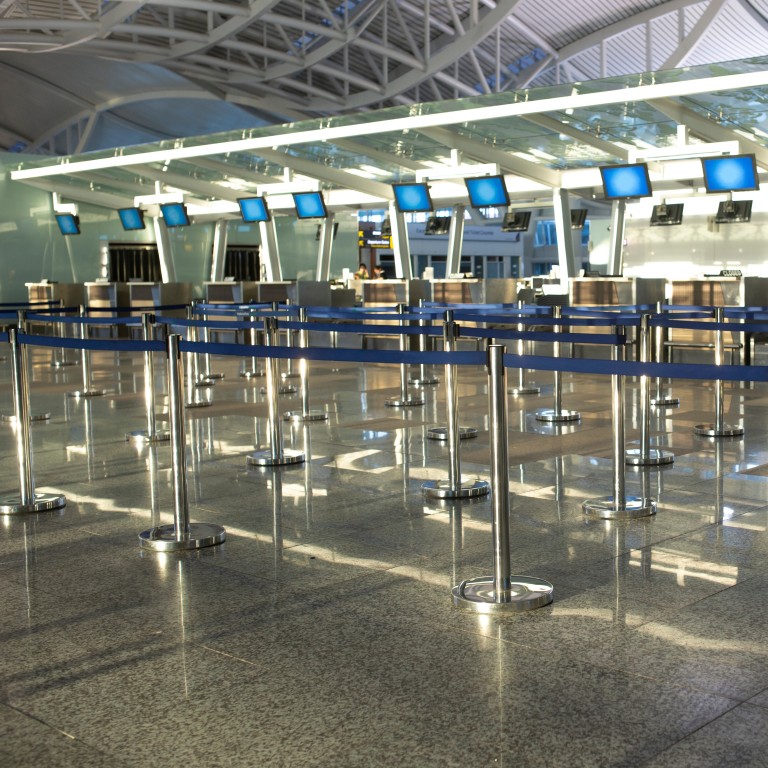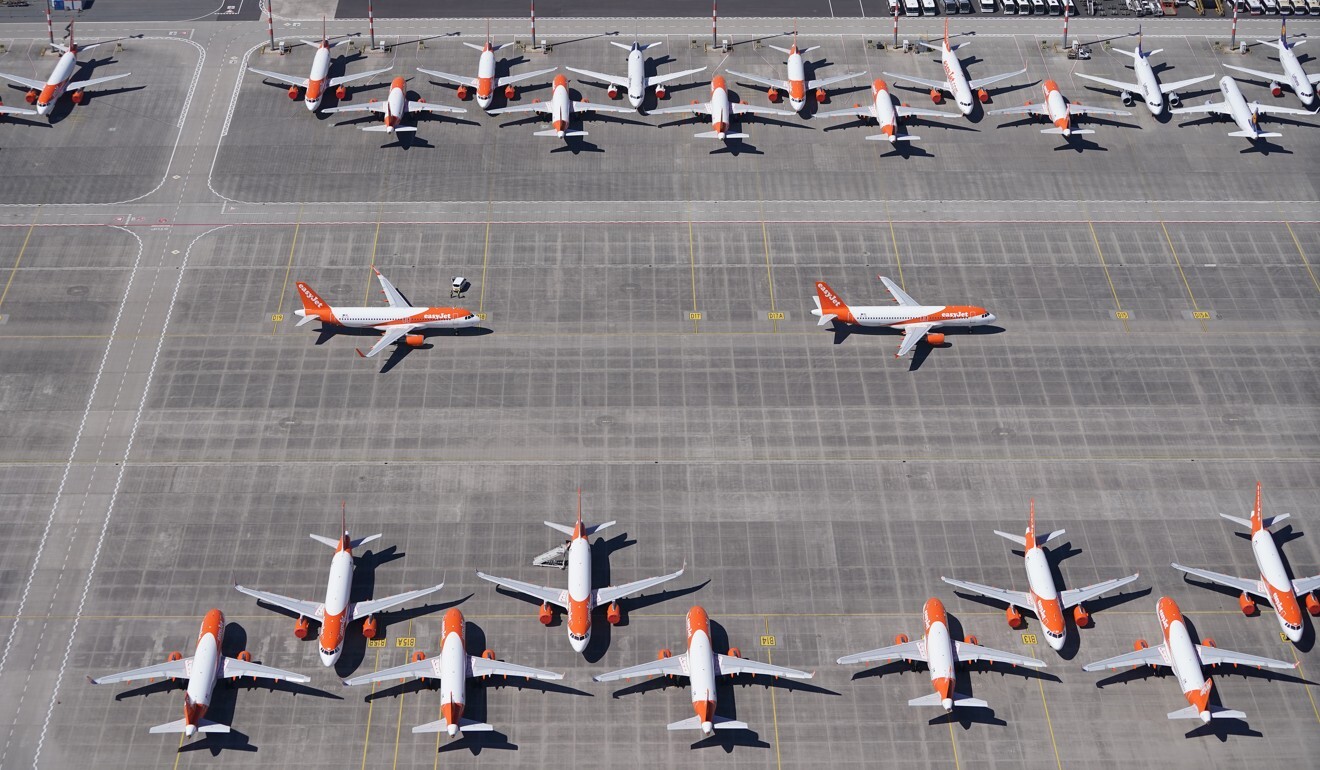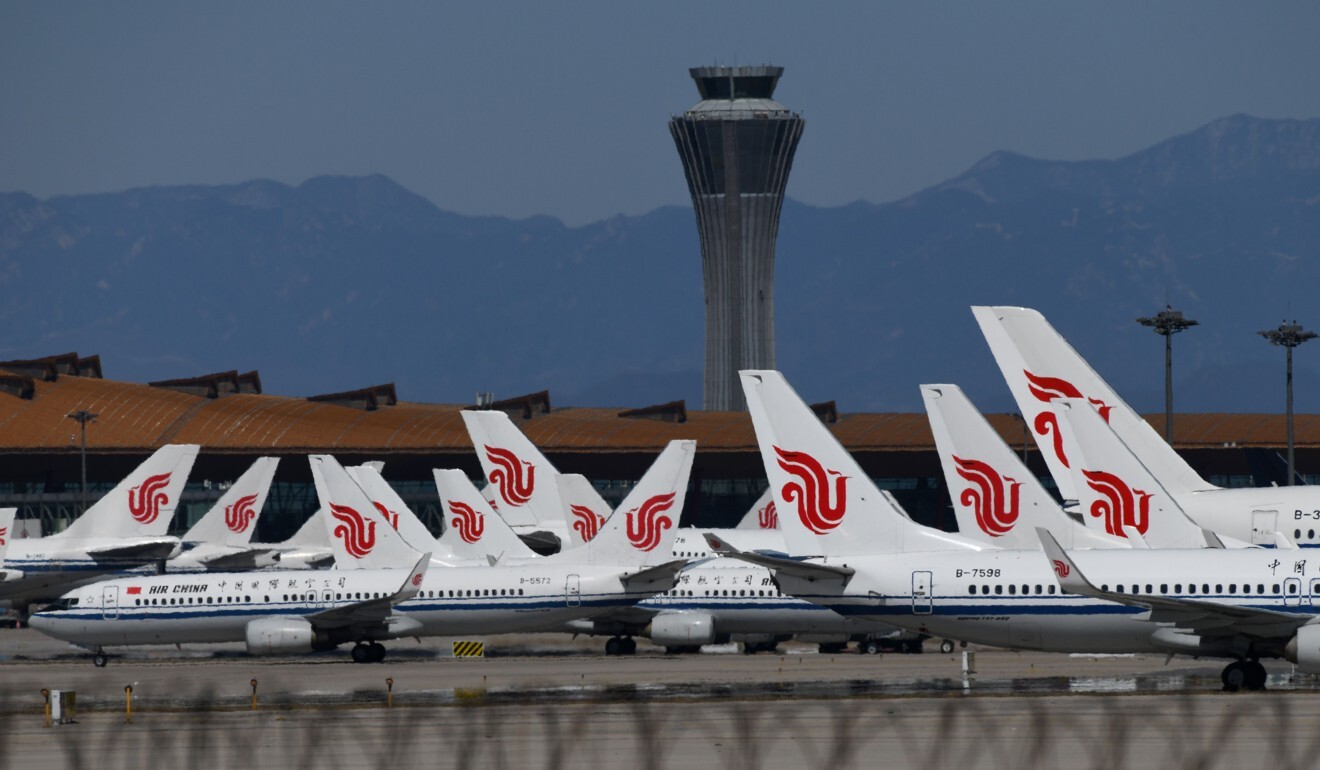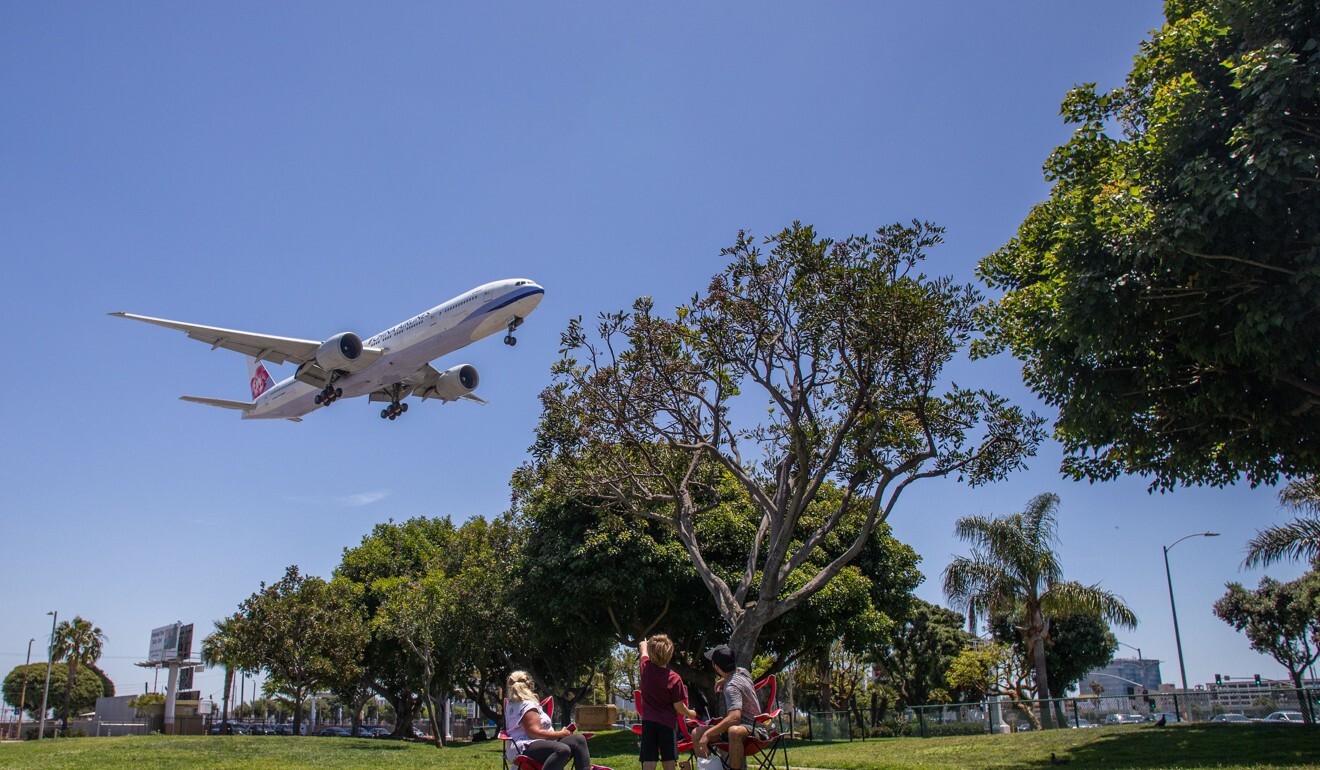
Cheap flights for the next two years on long-haul routes likely amid low demand for tickets, as domestic trips in Asia lead aviation’s weak recovery
- Facing losses of US$100 billion over two years, airlines will do everything to raise demand for long-haul travel. But trade body IATA says some won’t survive
- Demand for domestic flights in China, Vietnam and South Korea is nearly back to normal, but more passengers book at the last minute, hitting airlines’ cash flow
With airlines seeing close to zero demand for long-haul flights, super-low airfares and empty seats are inevitable until the end of 2021 as debt-ridden carriers try to stimulate demand. So says the International Air Transport Association (IATA), an airline trade association, which recently revealed updated forecasts showing just how dire the economic outlook is for its members.
IATA says the world’s airlines are expected to lose US$84.3 billion in 2020, and a further US$15.8 billion in 2021. However, its research shows some bright spots for the industry.
So where’s the upside? “We saw some strong activity in May led by the domestic markets in China, Vietnam and South Korea, which are now within about 25 per cent of where they were last year,” said Pearce. “We saw a slow rise in the Chinese and South Korean domestic market because consumers were very cautious to get back in the air, but we’ve seen a faster recovery in Vietnam and New Zealand.”

Overall, international bookings are down 82 per cent this month compared with June 2019, and even if economies unlock soon, international travel won’t. “We’re not expecting to see a recovery to 2019 levels until perhaps 2023, and if there’s a second wave of the virus, until 2024,” said Pearce, describing a smaller aviation industry as “the next normal”.
One thing is for sure, Covid-19 has left confidence in tatters – and it’s getting worse.
How to get a full refund if your flight is cancelled
IATA’s consumer research reveals that, as of early June, just 45 per cent of people plan to return to their “normal travel plans” within one to two months of the pandemic being declared over.
That’s according to responses from 4,700 airline passengers from 11 countries (Australia, Canada, Chile, France, Germany, India, Japan, Singapore, UAE, the UK and the United States) who had travelled in the previous nine months.
The comparable figure in April, the last time the survey was carried out, was 60 per cent.

A drastic change in when those who are buying tickets pay for them is also harming airlines. IATA’s research found that many passengers are booking just before they fly; 41 per cent of bookings made in May were for travel within three days, more than double the 18 per cent seen in May 2019. In normal times, almost half of all bookings are made 28 days or more before the date of travel.
If short-haul flights are being booked late, long-haul travel is barely being booked at all, according to IATA. Typically about 14 per cent of long-haul airline tickets are sold 22 weeks in advance of travel, but data for sales in the first week of November 2020 – the start of the all-important winter season for airlines – shows that ticket sales are 95 per cent down on the same period last year.

“As we move into the restart period we’re going to start seeing short-haul travel coming back, but long-haul markets will be the last to open up,” said Pearce. “People may also want to stay closer to home for fear of quarantine, particularly if we see a second wave of the virus.”
Travellers, he said, treat quarantine as market closure and won’t travel in such circumstances.
Does all of this mean cheap flights? Yes, says IATA, simply because airlines now have a lot of debt. “The Hong Kong government has been making forward purchases of tickets to inject cash,” said Pearce, but other tactics designed to keep airlines on “life support” – such as bailouts, loans and equity purchases by governments – mean that the industry will begin the post-Covid-19 era with its hands tied behind its back.
As we move into the restart period we’re going to start seeing short-haul travel coming back, but long-haul markets will be the last to open up
“Airlines are going to be pricing low, something we’re already seeing in China,” said Pearce, “but servicing their debt could prove too much for some airlines. It’s inevitable that we’re going to see airline failures and mergers as government support and wage subsidy programmes wind down.”
Without a summer season, he said, some airlines will have stopped flying by the fourth quarter of this year. A reduction in travel may help stave off the worst ravages of climate breakdown for a little longer, but for some in the aviation industry, winter is coming.

